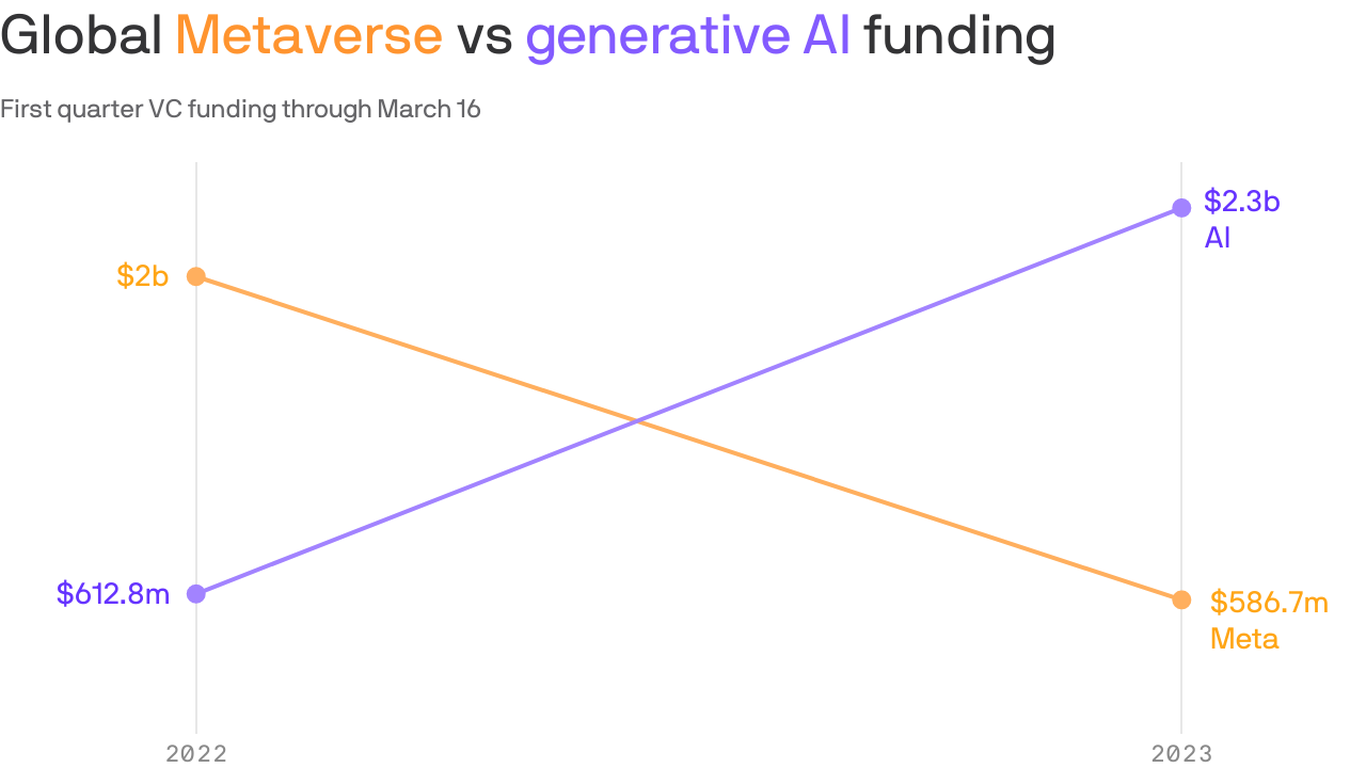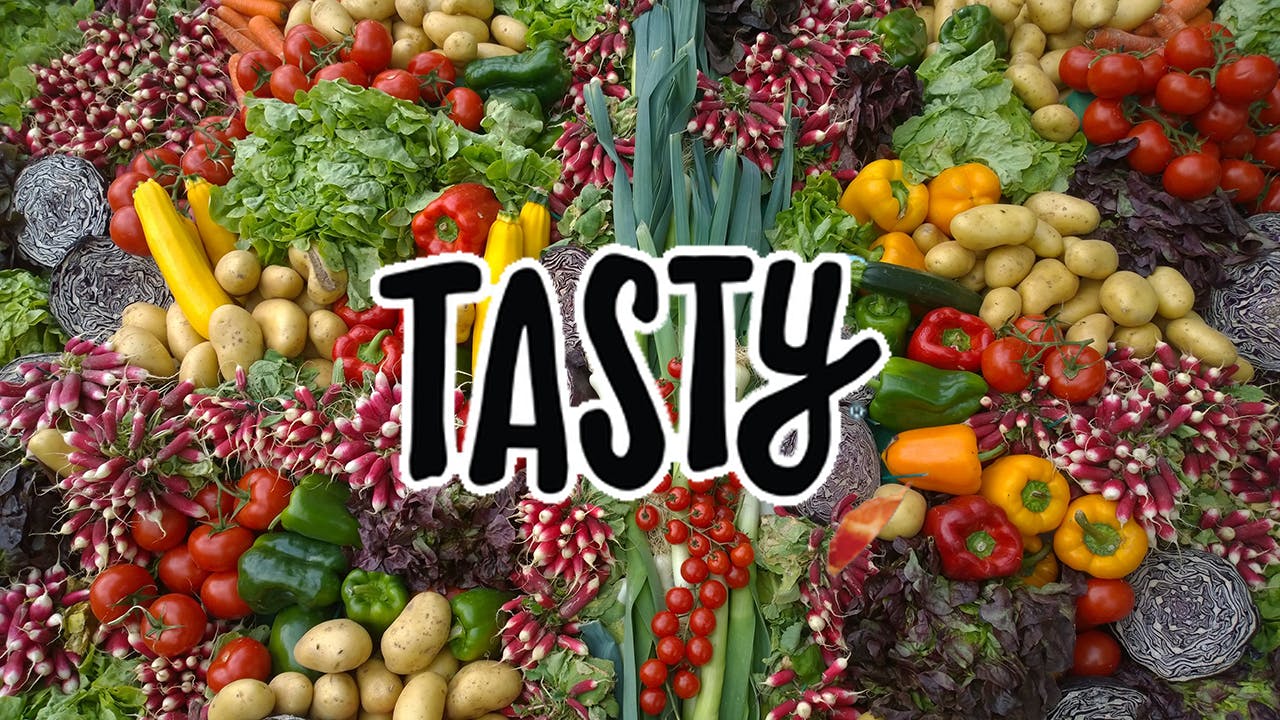- The Publisher Newsletter
- Posts
- Monday 20th March: Thank goodness we didn't go all-in on the metaverse
Monday 20th March: Thank goodness we didn't go all-in on the metaverse
Good morning! Today's newsletter is brought to you by Esther. Our last podcast episode of this season has just gone live featuring Substack's Farrah Storr. Farrah has edited some of the biggest magazines in the UK and has some brilliant observations about the rocky transformation mags have had, and why writers are so valuable. You can listen via our website or just search 'Media Voices' in your podcast app of choice.
#Ad: If you’re looking for a new podcast editing tool, we can recommend Hindenburg, a professional-grade audio editing system made for simplicity, speed and agility. It’s built for podcasts and audio storytelling, with lots of features like auto levelling which help streamline the process. This link will get you an extended three month trial of Hindenburg PRO for business.
Today's Media Roundup is brought to you by Hindenburg. (Book this ad slot)
It's been a while since I led on a Meta story, so indulge me landing this one on you first thing on a Monday. I wonder, when Facebook/Meta announced their huge metaverse push back in October 2021, did you think this was something publishers were going to rush to get on board with, or did Zuck's vision fill you with existential dread?
I have to confess to being pretty pleased the metaverse appears to be somewhat on the back burner. The idea of spending my days living in a sweaty headset having legless virtual meetings was not at all appealing (yes, there's still huge potential in gaming, but Meta's focus is/was enterprise).
Now, the company has jumped on the latest shiny new thing with generative AI. I do wonder to what extent the company has really fallen behind as an innovator. Everything they do now seems to be just one step behind the real trailblazers, and the company relies on the sheer scale of its FB/Insta/WhatsApp users to keep itself relevant.
This isn't the first time we've seen a publisher deliberately 'un-polish' some of its social first content in order to look more 'authentic'. Crucially, it's also feeding into their strategy of better representation and more affordable recipes, which in turn makes the brand an attractive conduit between young, savvy consumers and supermarket brands.
That's a snappy slogan, but a closer look at it (and Montgomery's explanation of what it means in the piece) doesn't give me confidence in the long-term thinking here. Once more for those at the back: if you're focused on drawing national and international eyeballs to local titles, something has gone very wrong. Some other interesting titbits in here about structure and strategy worth looking at, though.
No, this isn't lessons from the TV series. Damian Radcliffe has combed through the Reynolds Journalism Institute's newly-released News Executive Leadership Transition Guide and picked out some transferable lessons for those looking at succession planning and processes for organisational change.
More from Media Voices
This week we hear from Substack UK’s Head of Writer Partnerships Farrah Storr. Over the past decade she’s worked in leading editorial roles at some of the biggest lifestyle magazines in the UK before leaving ELLE to join the newsletter platform. She tells us about why more mainstream media brands should be investing in Substack, why she doesn’t believe you need a huge profile to start out on the platform, and what problems with the wider internet ecosystem Substack is trying to solve.





